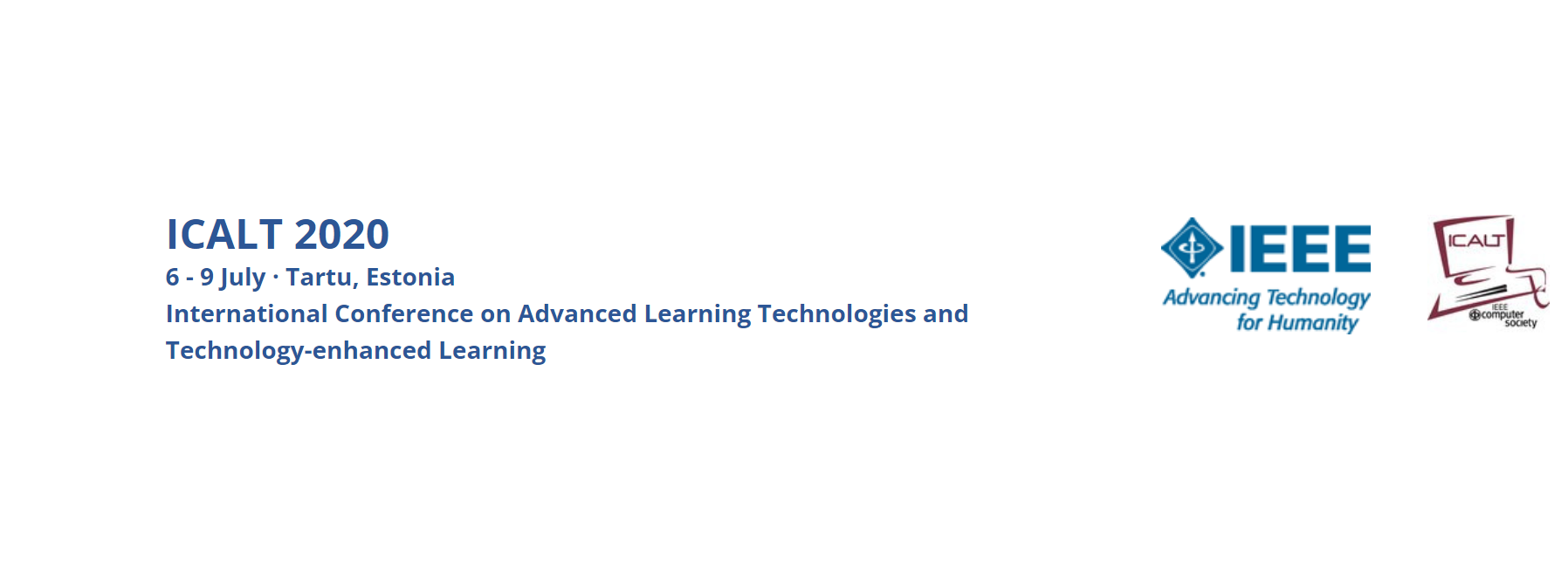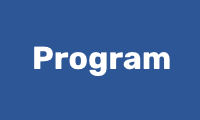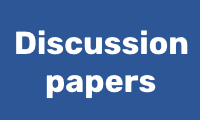
Program and sessions
Panel Discussions
July 9, 13:00-14:00 (GMT)
Future Collaboration Panel (open for everyone)
Chaired by: Phillip Benachour, Lancaster University, UK
The first presentation is from Philip Benachour himself, who is doing a presentation about this current work Gender-economic development in West Africa and how this can be linked with the work conducted by Diana Andone and her colleagues on Students as OER co-creators and Students as OER co-creators.
Second presentation will be by Aparna Alingkar who is interested in the work on by Pankaj Chejara, Supervisors: Adolfo Ruiz-Calleja, Luis P. Prieto, Maria Jesus Rodriguez Triana [Multimodal Learning Analytics for Understanding ollocated Collaboration in Authentic Classroom Settings] and Anastasios Karakostas, Efstathios Nikolaidis, Stavros Demetriadis, Stefanos Vrochidis1 and Ioannis [colMOOC – an Innovative Conversational Agent Platform to Support MOOCs]
The third presentation is by Muhammad Adamu, who has expressed an interest in the following work on The Impact of Perceived Security on Intention to use E-Learning Among Students by Ali Farooq, Farhan Ahmad, Nyla Khadam, Birgy Lorenz, and Jouni Isaoho.
Future Collaboration Panel is mainly for ICALT participants and offers a platform for participants who have intention, ideas, and plan to collaborate with other participants after they see the correspondent published works, or attend the correspondent presentations, or be inspired by the talks, conversations and discussions.
All applications will be further reviewed and invited to submit an article to the “Collaboration Opportunity” section in the Bulletin of the Technical Committee on Learning Technology (https://tc.computer.org/tclt/author-guidelines/). The Bulletin is published by IEEE TCLT and is included in Web of Science’s Emerging Sources Citation Index (ESCI, https://mjl.clarivate.com/search-results?issn=2306-0212)
July 7, 13:00-13:50 (GMT)
Women in Engineering Panel (open for everyone)
Panelists Abasi-amefon O. Affia, Institute of Computer Science, University of Tartu Michelle Banawan, Arizona State University, USA & Ateneo de Davao University, Philippines Rita Kuo, New Mexico Institute of Mining and Technology, USA María Jesús Rodríguez-Triana, Centre of Excellence in Educational Innovation, Tallinn University, Estonia
Discussant Elvira Popescu, Computers and Information Technology Department, University of Craiova, Romania & Vice Chair for the IEEE Women in Engineering Romania Section Affinity Group
Chaired by: Irene-Angelica Chounta, Tartu University, Estonia.
Every year, IEEE TCLT has a Women in Engineering Panel held during ICALT. IEEE Women in Engineering is “one of the largest international professional organizations dedicated to promoting women engineers and scientists and inspiring girls around the world to follow their academic interests to a career in engineering.”[1] The main idea of the panel in ICALT is to discuss issues around this goal.
The panelists are going to touch the following three questions:
- What challenges have you perceived (if any) for women in engineering at any level and in particular for minority or marginalized groups, such as Women of Colour?
- What are the challenges that emergency situations – such as COVID19 – pose for women in engineering and what is their impact?
- What are potential solutions – from your experience – to address these challenges?
Elvira Popescu, the Vice Chair of WiE Romania Section in the end will give us a short overview of the situation in numbers regarding Europe and also to share her insights regarding how organisations like IEEE TCLT and IEEE can offer support to addressing these challenges.
[1] https://www.ieee.org/membership/women-in-engineering.html
Keynotes
“Helping Young Learners Develop Inquiry and Critical Thinking Skills”
Assistant Professor Kaushal Kumar Bhagat
Centre for Educational Technology, Indian Institute of Technology Kharagpur
Associate Editor of British Journal of Educational Technology
Editor-in-Chief of Contemporary Educational Technology
Professor Mike Spector
Learning Technologies Department, College of Information, The University of North Texas
Member of the NATO-AECT Steering Committee
Editor of Educational Technology Research & Development
Many have advocated for the development of the knowledge and skills necessary to become life-long learners. Some have called those skills the 4 Cs: communication, collaboration, critical thinking and creativity. Others cite renewed emphasis on a new set of 3Rs: rather than reading, writing, and arithmetic, it might be re-examining, reasoning, and reflection or more emphasis on higher-order reasoning skills at an earlier age. One way to conceptualize critical thinking is in terms of the other three Cs – communication (getting information and insights from others), collaboration (working on complex and challenging learning tasks with others), and creativity (trying out alternative approaches and new ideas).
Prior efforts have focused on young adults and science, technology, engineering and mathematics subject areas. Our approach focuses on young learners who do not encounter their worlds in terms of traditional disciplines. In addition, prior efforts have been limited to one unit of instruction or one course. Our notion is that inquiry and critical thinking skills need to be developed early so that those skills become habits of mind. Such an approach requires sustained interventions over a number of years.
This presentation will present the background philosophy, theory, and research, along with examples of development efforts and plans to evaluate the impact on learning and instruction. Constraints and obstacles to progress will also be discussed since so many prior efforts have had so little sustained impact.
“Learning Analytics: State of Adoption and Evidence of Effectiveness”
Professor Dirk Ifenthaler
Chair of Learning, Design and Technology, University of Mannheim
UNESCO Deputy Chair of Data Science in Higher Education Learning and Teaching, Curtin University
Editor-in-Chief, Technology, Knowledge and Learning
Since a decade, the potentials of learning analytics for educational organisations have been discussed, however, there remains a lack of organisation-wide examples demonstrating a systematic and holistic adoption of learning analytics. Accordingly, actionable frameworks and adoption models focusing on learning analytics are required for successful integration of learning analytics systems into educational organisations. Current research and practice shows that higher education organisations are aware of learning analytics and start experimenting with dashboards for students and teachers, however, they are far from organisational transformation. Hence, rigorous empirical evidence on the successful usage of learning analytics for supporting and improving students’ learning and success in higher education is still lacking. A recent systematic review with an initial set of 6,220 articles and a final sample including 46 key publications will be discussed. The findings obtained suggest that there are a considerable number of learning analytics approaches which utilise effective techniques in supporting study success and at-risk students of dropping out. Despite the high interest, the adoption of learning analytics in educational organisations requires capabilities not yet fully developed.
“Empowering Communities of the World to Contribute into Improving Digital Learning”
Märt Aro
Co-Founder, DreamApply
Chairman of the Board, Nordic EdTech Forum – N8
Co-Founder, European EdTech Alliance
The general approach of purchasing complex software solutions is often not bringing great results in education development. Let’s look at why this could be and possible solutions for achieving better. The work we are doing in Estonian government initiative Education Nation and on the Northern Europe level with Nordic EdTech Forum – N8 and on the global level with UN Technology Innovation Labs enabling communities to provide solutions for the educational issues they see to have better outcomes for education development globally. Last but not least, let’s have a look at some of the fascinating education innovations developed using start-up model.






